Pres. Raeisi focused on transforming relationships, turning foes into friends: Analyst
By Alireza Kamandi
President Ebrahim Raeisi constructed a transformative policy framework and focused on transforming relationships, turning foes into friends and friendship into brotherhood, says a Pakistani analyst.
Shakeel Ahmad Ramay, CEO of the Asian Institute of Ecocivilization based in Islamabad, in an interview with the Press TV website, reflected on Raeisi’s role and contribution as a global leader.
“He first built a close alliance with China in multiple fields, including economy, energy, defense, and culture. Now, China is Iran's leading reliable and sustainable trade and investment partner,” he noted.
“He then strengthened his country’s relationship with traditional friends such as Russia.”
President Raeisi, who passed away in a helicopter crash last Sunday, has been hailed by international political commentators for his role in furthering Iran’s national interests while forging close ties with neighbors.
Ramay said the “most transformative move” under his leadership was the re-establishment of Iran’s diplomatic ties with Saudi Arabia after seven years of friction.
“This bold step towards rapprochement between Iran and Saudi Arabia was a significant event in recent history, given the pivotal role these two nations play in the region and among Muslims,” the Pakistani analyst stated.
“The agreement holds the promise of de-escalation in the region and the potential to pave the way for lasting peace. Moreover, it could play a crucial role in bridging the sectarian divide among Muslims, a pressing need in the current global context” he hastened to add.
Regarding the measures taken by the administration of Martyr Raeisi to neutralize sanctions, Ramay, who is also an advisor to the Sustainable Development Goals Secretariat of the Parliament of Pakistan, emphasized the global economy runs through supply chains, and economic and regional blocks drive these supply chains.
He termed Iran’s membership in BRICS an “important milestone and a smart way to grow Iran’s economy.”
“BRICS is home to two leading global growth contributors, China and India. It is also home to the most significant economies in other parts of the world, like Russia in Eurasia, Brazil in Latin America, and South Africa in Africa,” he told the Press TV website.
“Moreover, Russia and Brazil are at the forefront of introducing the alternative currency to the US dollar. Lastly, China is the second biggest economy in the world, and most importantly, it is out of the US influence. It is emerging as the biggest economic player and is predicted to be the biggest economy in the world.”
Iran officially became a member of the BRICS grouping at the beginning of 2024, five months after it was accepted as a full member along with Argentina, Egypt, Ethiopia, the UAE and Saudi Arabia.
“It is expected that Iran's membership in BRICS will help the country neutralize the impact of sanctions and create new opportunities for itself,” the analyst stated.
The memberships in BRICS and the Shanghai Cooperation Organization (SCO) were two diplomatic masterstrokes of the Raeisi administration, crafted jointly by President Raeisi and Foreign Minister Hossein Amir-Abdollahian.
Referring to President Raeisi’s pro-neighborhood policy, Ramay said he was working to strengthen relations with neighboring countries, underscoring that two most prominent examples were his last two visits.
“First, he came to Pakistan. He met with the leadership of Pakistan and explored options for expanding trade, economic, and investment relations. Second, he went to Azerbaijan to open new avenues for cooperation,” he said, referring to the Iranian president’s two final foreign trips.
The late Iranian president, he added, also worked to strengthen the Axis of Resistance, especially in the wake of the Israeli genocidal war on the besieged Gaza Strip.
“Martyr Raeisi earned respect in other countries, especially Muslim countries. First, he was a strong voice for Palestine and provided unwavering support to it. He was an open supporter of Hamas and provided them support to save Palestine people from the genocide by Israel,” the analyst stated.
“Second, he was a vocal and strong voice against the blasphemy of Islamic personalities and values. His speech at the UN after Quran burning incidents earned him much respect among Muslims and non-Muslims.”
Under his leadership, Iran strengthened its relationship with Russia more than in the past. Iran provided military, economic, and diplomatic support to Russia to defy the pressure from NATO and the US, he said.
'Gaza has won': Social media users react to ceasefire with mix of relief, joy
Iran seeks South Korea’s assistance for AI, fiber-optic projects
VIDEO | Iran's 'Eqtedar' (Power) maneuver
Israel hits HTS military target in Syria for 1st time since fall of Assad
VIDEO | Press TV's news headlines
Israel has slaughtered 13,000 students in Gaza, West Bank
VIDEO | More Zionist than Zionists: Biden’s legacy to be defined by Gaza genocide
Hamas confirms handing approval of Gaza ceasefire deal to mediators


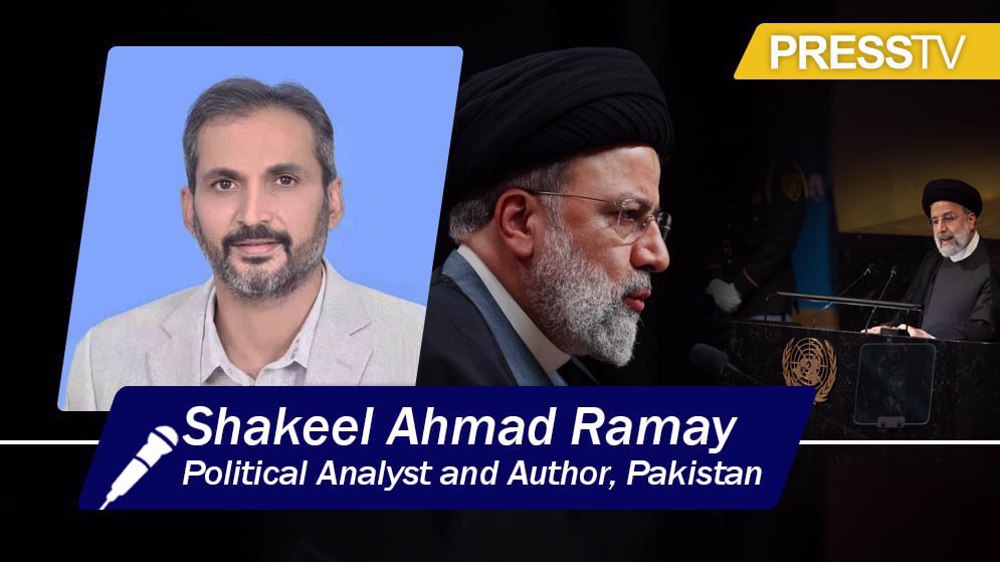
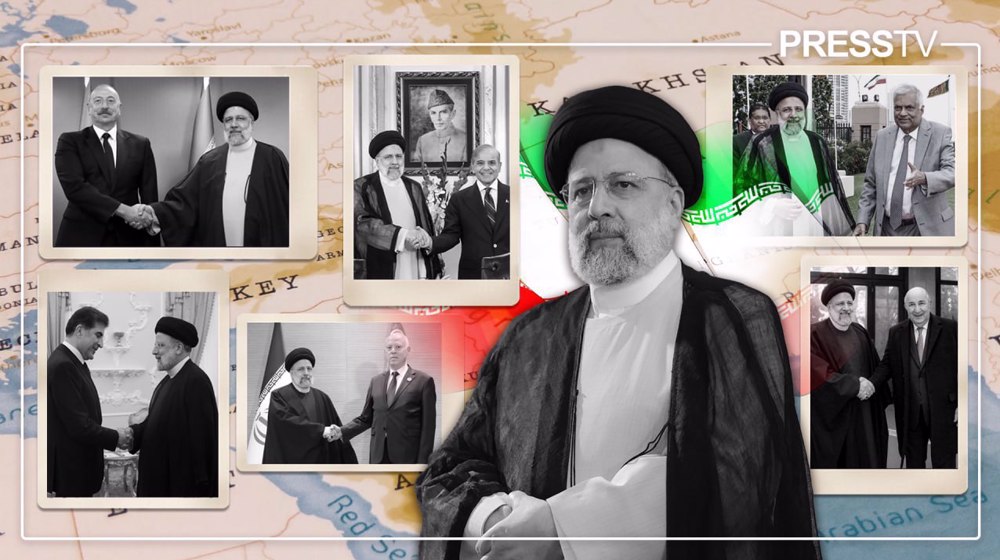
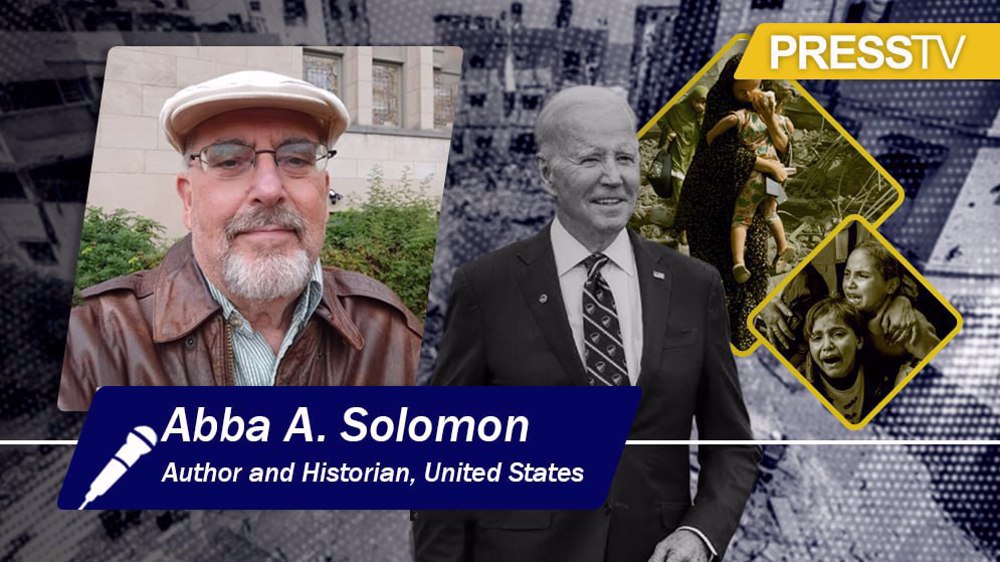
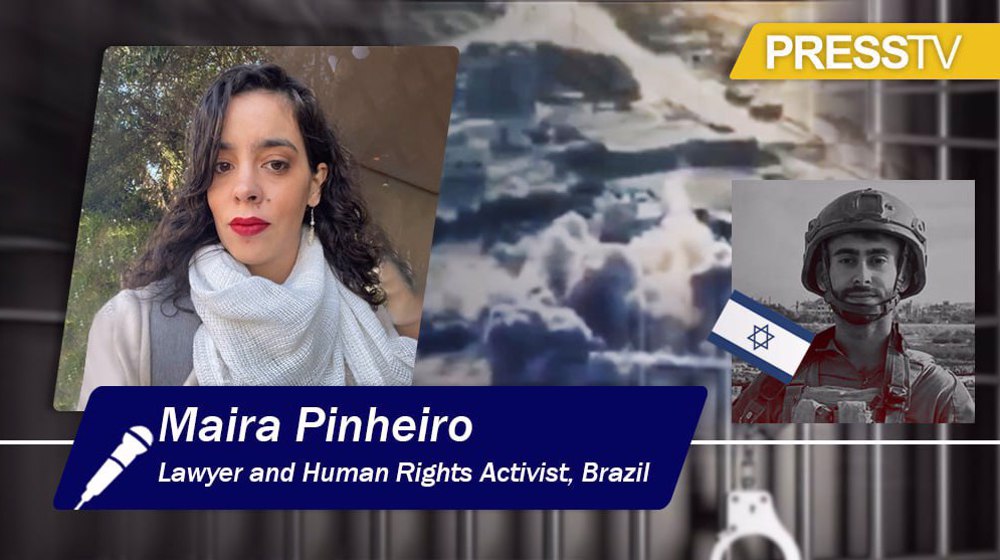
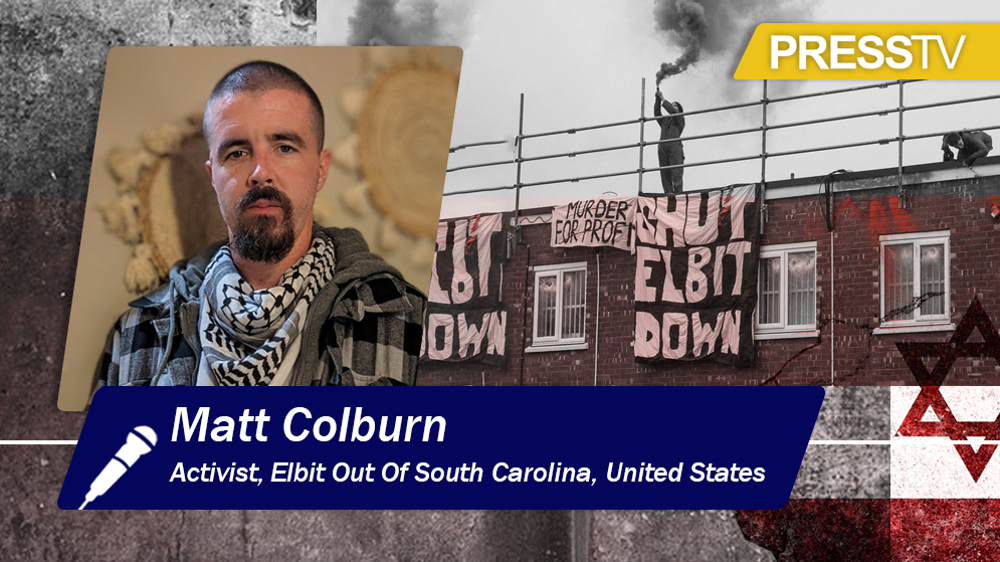



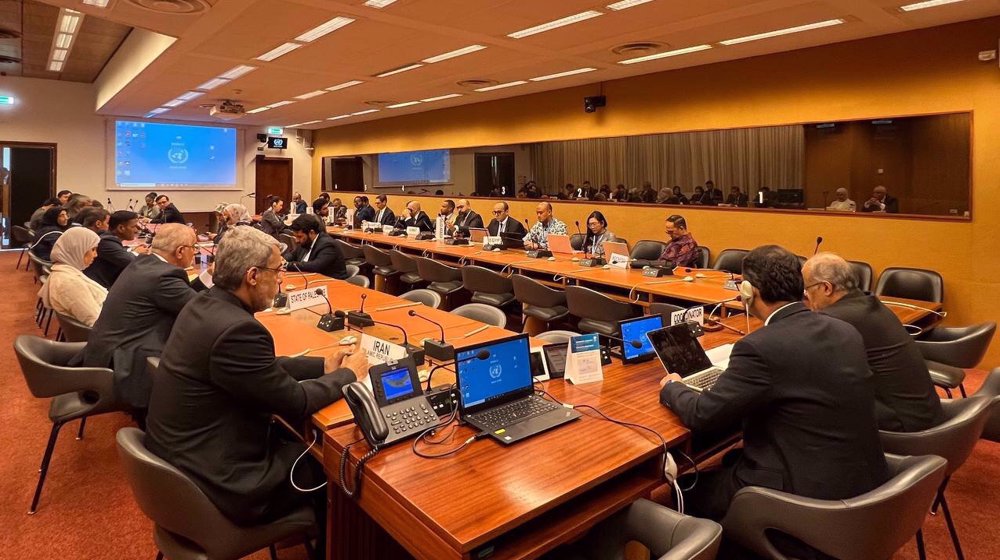
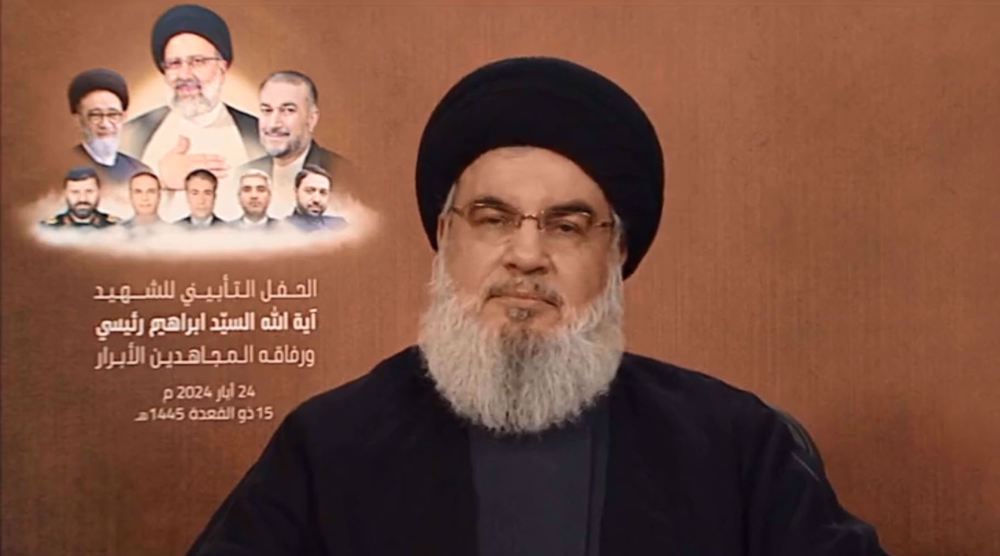
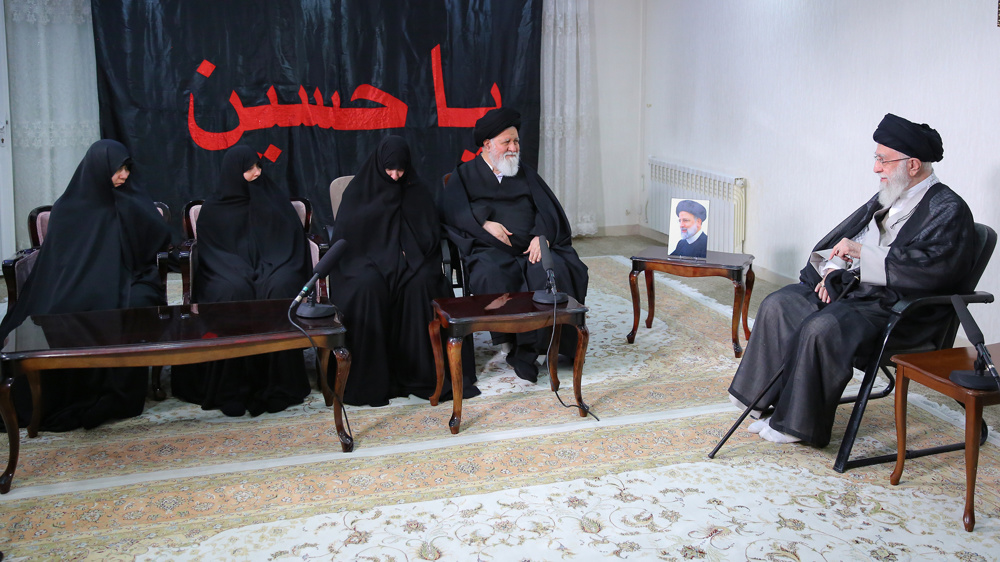
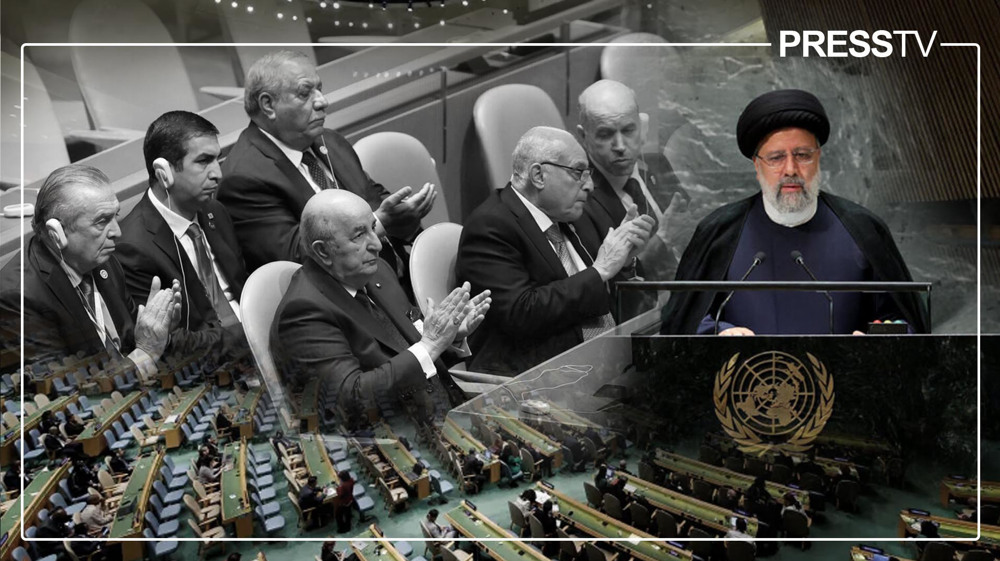
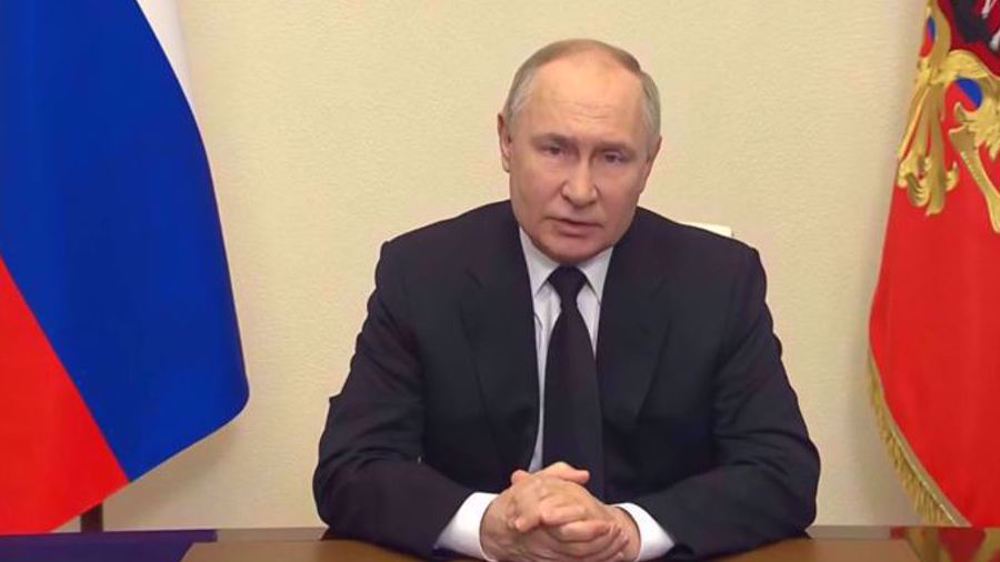

 This makes it easy to access the Press TV website
This makes it easy to access the Press TV website